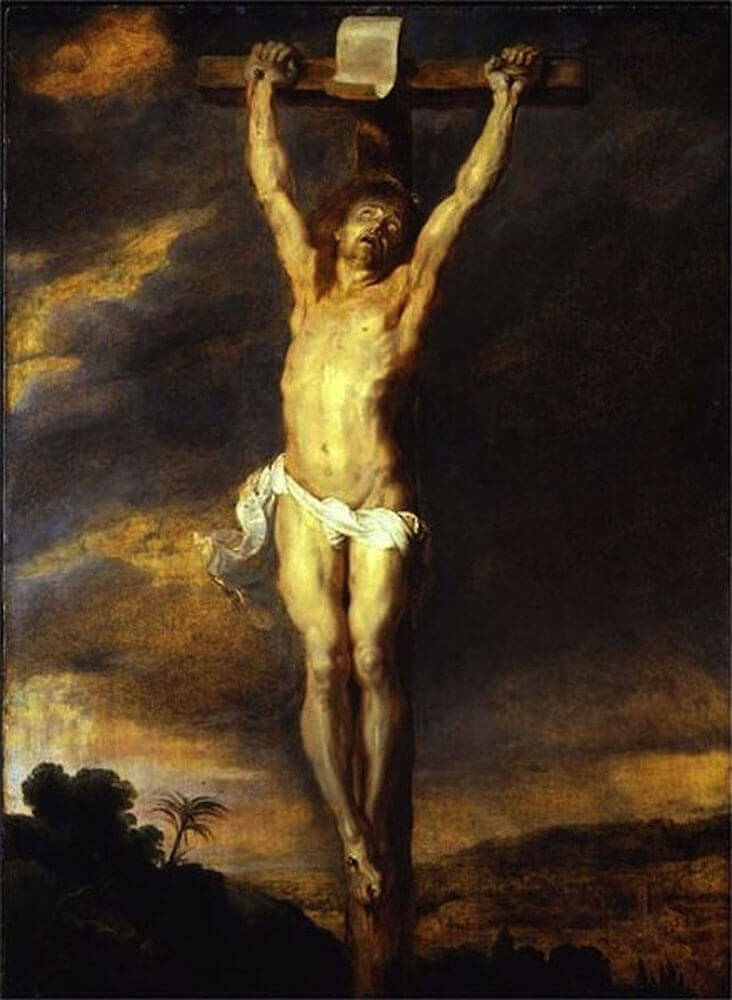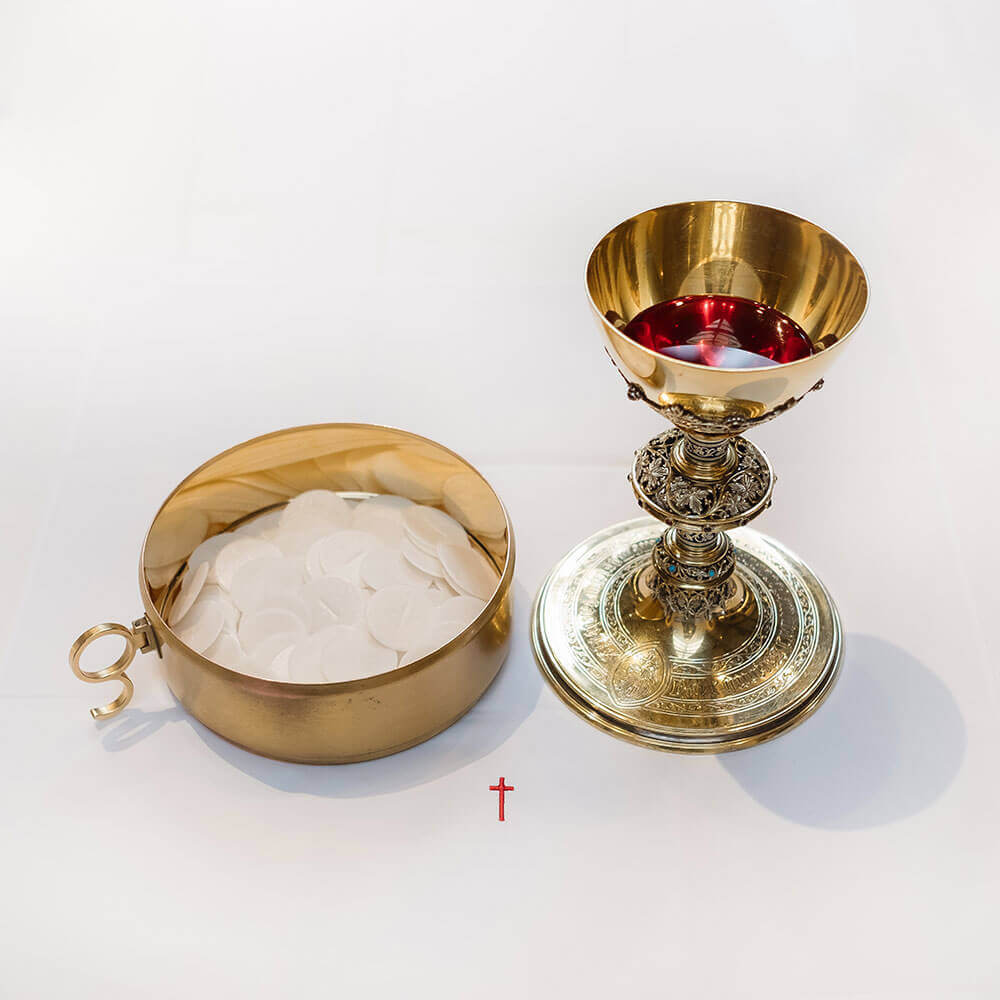You have probably studied ecumenical councils in the Catholic Church in a history class. These events are still held today, and they have some ground rules.
Ecumenical councils are sometimes called general councils in the Catholic Church. They have clarified a lot of misunderstandings about Catholicism and improved our understanding of Church teaching and theology.
In her book Being Catholic: What Every Catholic Should Know, Suzie Andres explains that an ecumenical council is essentially a meeting of the Church’s bishops. These meetings seek to address questions of faith and morals, respond to confusion in the Church, and affirm or reform the Church’s teachings.
According to the document Lumen Gentium, a council of bishops is not ecumenical unless the pope affirms it as such. At an ecumenical council, the pope presides over the meeting.
To this day, there have been twenty-one ecumenical councils, including the Lateran Councils, the Council of Trent, and the Second Vatican Council, in which the Church famously addressed its place in the modern world.
For more information about Catholic Church hierarchy, check out Suzie Andres’s Being Catholic.






















